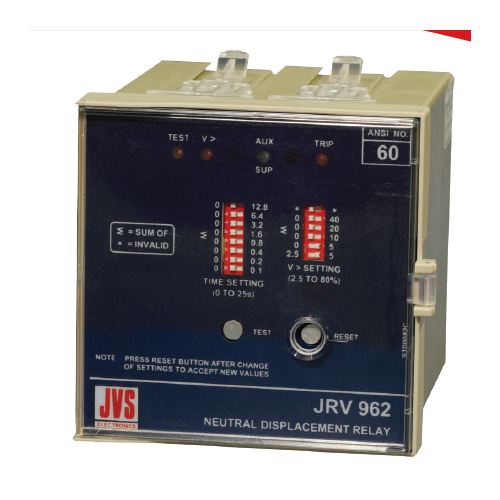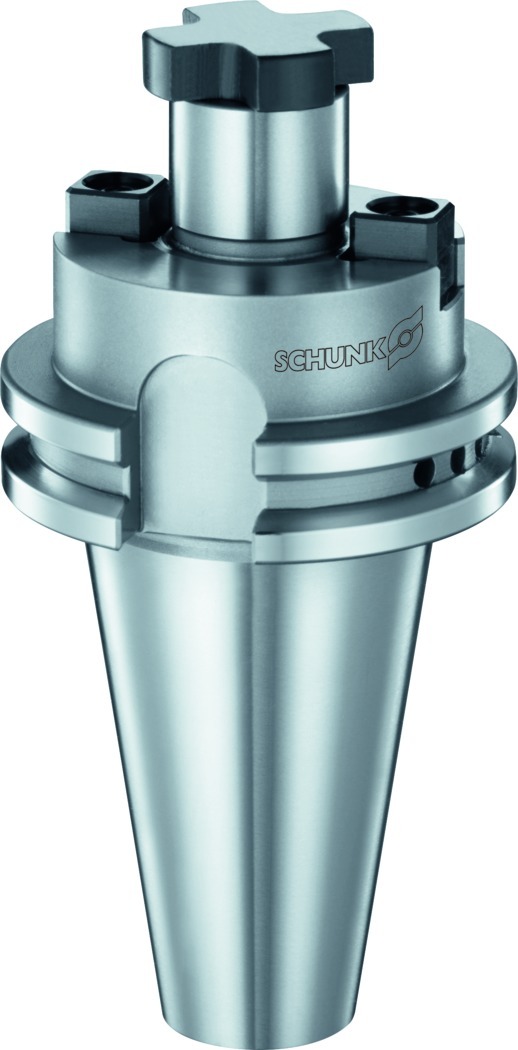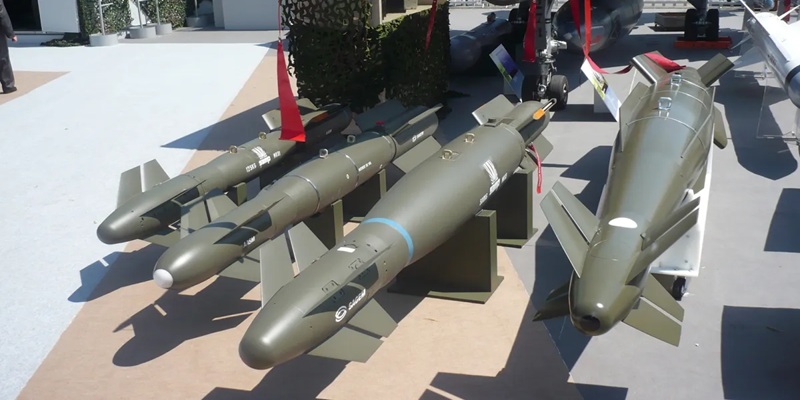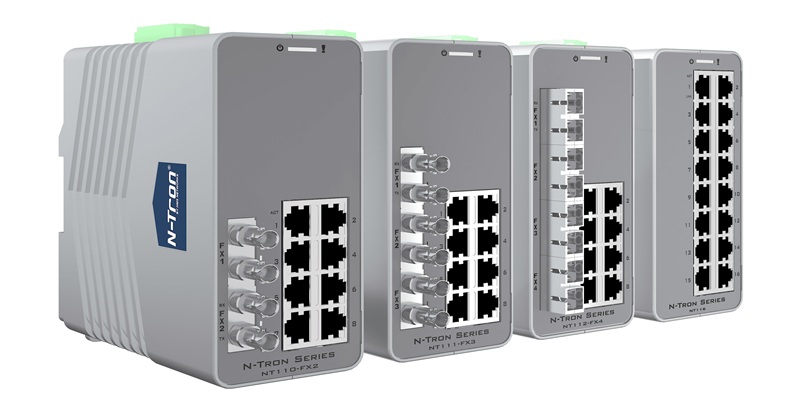Schedule a Call Back
Machine Tools to Boost the Indian Economy
 Technical Articles
Technical Articles- Jun 04,14
As per a recent survey by Indian Machine Tool Manufacturers' Association (IMTMA), in the coming years, India is all set to become a key player in the global machine tools industry.

To support the ever increasing demand from various industrial segments in terms of standardisation and other advancements, the machine tools manufacturing segment is continuously working hard and has introduced many innovative solutions to the engineering and other industrial sector in India and worldwide. As technologies advanced, the machine tools industry has also advanced itself to mechanically advanced machines. Today, the machine tools industry comprises of both - conventional machine tools as well as computer numerically controlled (CNC) machines. There are also other variants offered by Indian manufacturers, which include special purpose machines, robotics, handling systems, and TPM-friendly machines.
Indian manufacturers are striving hard to improve the features of CNC machines, and have also introduced few more value additions in terms of lowering the product costs. Keeping in mind the current trends and emerging demand, in the coming years, the CNC segment will be the growth driver for the machine tools industry in India. By 2020, the industry experts expect around 80 per cent of the machine tools produced to be CNC.
Adding to the new launches, A V Srinivasan, CEO, Meiban Engineering Technologies informed, "We have introduced three new machines to supplement our product line. The three machines comprise MW80 in linear tool type, MW180 in turret type and the new MW120. In sheet metal, we have launched an all-new 30-tonne punching machine."
But, the recent slowdown in India has highly affected the machine tools industry. The key demand drivers for this industry like the infrastructure projects, manufacturing units, automotive industry, etc., were all negatively affected, which then hampered the machine tools business. Much of the negative impact was due to the subdued investment in 2002 by all the major users of machine tools. The defence industry was an exemption primarily because of a higher capital expenditure outlay. While the decrease in domestic production was lower in the case of conventional metal-working machine tools, the CNC machine tools manufacturers also suffered.
Thus, currently, as per the expert estimates, the market size of this industry stands at around US$ 2.05 billion of which the domestic production makes for around 33 per cent of the total consumption. Looking at global consumption pattern, this is very low.
"We expect a turnaround in the machine tools sector to be slower. The demand will take more time to return. We are looking for a growth horizon of two-to-three years," says Srinivasan.

As per the recent survey by Indian Machine Tool Manufacturers' Association (IMTMA), in the coming years, India is all set to become a key player in the global machine tools industry and is likely to see substantial high-end machine tool manufacturing. By 2016-2017, the share of the domestic manufacturers into this segment is expected to grow by 50 per cent.
Today, more than 1,000 units in India are engaged in production of machine tools, accessories, subsystems and parts. Of these units, around 20 per cent belong to the large scale sector and the rest to the small and medium enterprises (SMEs).
The Indian machine tools industry has not only limited itself to the domestic market but also has a strong presence internationally. Technologically advanced machines are now been exported to the industrially developed countries like Japan, Germany, USA, Australia, France, Netherlands, East Asian, etc. In fact, in the next few years, the industry is hoping for the export scenario to be much better than what it is currently.

The machine tools exports from India had reached Rs 214 crore during 2012-13 compared to Rs180 crore during 2011-12 registering an annual growth rate of 19 per cent. In the next five-year period, the industry expects the demand from the international market to increase. Even in the face of growing demand and the positive expectations, the Indian manufacturing sector continues to be dependent on the import of machine tools like CNC and non-CNC machines, lathes, forgings and dyes; since the machine tools industry is able to meet around 33 per cent of the total consumption, which still needs to improve. The second reason is due to the rising cost of machineries, which most of the SMEs find it difficult to afford. The manufacturers are thus highly depended on importing the used (second hand) machineries.
Overall, the machine tools imports to India had reached Rs 7,598 crore during 2012-13 as compared to Rs 7,646 crore during 2011-12 registering a decline of 1 per cent, as per the reports from IMTMA. Whereas, on the use of second-hand machine tools equipment; the share in the recent years has reached at around 40 to 45 per cent.
But, the Indian government will soon restrict the import of used plant and machinery, with an aim to safeguard the productivity and competitiveness of Indian manufacturers. The decision to ban import of machinery was been planned more than five years old, but is still not been implemented. The big worry is that the imports can impact the overall productivity and erode competitiveness of the manufacturing sector. As per the views from the domestic capital goods industry, the imports are partly responsible for the drop in output. The government is thus considering an import duty on 75 per cent of the original value of machinery, which will drive up costs for importers. At present, the duty is levied on the value of machinery on the day.
Besides, the imports are now expected to face a ban under subsidy schemes such as the Textile Upgradation Fund and the Credit-Linked Capital Subsidy Scheme. The ban is expected to import of machinery that is more than five years old.

Along with the production, consumption, and the export/import scenario of the machine tools segment, there are also a lot of challenging phases that the industry is facing. The most important challenge is the unavailability of skilled manpower. Talented workforce along with the ability to resolve various technical issues is the key requirement for introducing technologically advanced and innovative products, which is still unmet as compared to other countries. Besides, the Indian machine tool companies are also lacking adequate capabilities in terms of export marketing. Thus, the industry needs to be more innovative, bold and aggressive in marketing it products in the international market.
Difficulties in obtaining capital to finance export sales is also a challenging task for the Indian machine tool manufacturers. Thus, distributors are required to hold the standard products in the international market, which then requires huge capital.
Lastly, getting the necessary approvals from the Indian government in setting up a manufacturing unit is an additional challenge. Most of the times, the clearances and approvals are delayed, which then hampers the industry in a big way. Even, the industry experts expect the Indian government to reduce heavy duties and taxes been imposed on the transportation of products to both the domestic and international market.
Related Products

Fanless Industrial Pc for Smart Manufacturing
CONTEC Launches BX-M4600 Series - Fanless Industrial PC for Smart Manufacturing.

Single Pole, Neutral Displacement Relay
JVS Electronics
Pvt Ltd offers a wide range of single pole, neutral displacement relay -
JRV 962.

Face Mill Arbors
Schunk Intec India Pvt Ltd offers a wide range of face
mill arbors.















